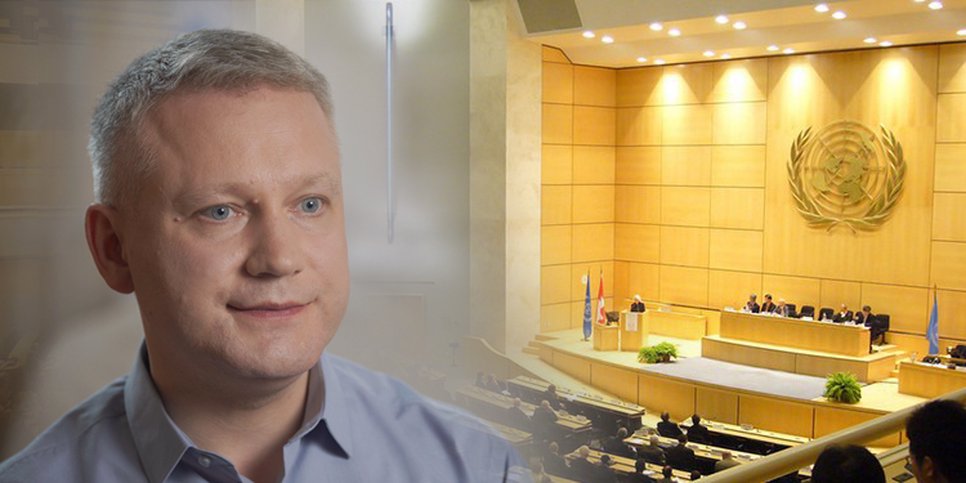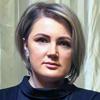First International Decision on Complaints of Russian Jehovah's Witnesses Against Arrests
Ivanovo Region, SwitzerlandThe UN Working Group on Arbitrary Detention strongly condemned the arrests of Jehovah's Witnesses and demanded that Russia immediately release the believers. On May 29, 2019, a document was received following the consideration of Dmitry Mikhailov's complaint from Shuya (Ivanovo region). His arrest was recognized as a manifestation of religious discrimination. The document stresses that the findings "apply to all other persons in circumstances similar to those in which Mr. Mikhailov finds himself" (para. 77).
Russian Jehovah's Witnesses filed complaints about arrests with three different international authorities: the European Court of Human Rights, the UN Human Rights Committee, and the UN Working Group on Arbitrary Detention. The document on Dmitry Mikhailov was the first decision of an international court. The decision was made on April 26, 2019 during the 84th session of the UN Working Group on Arbitrary Detention.
Excerpts from the resolution on Mikhailov's complaint. "It is clear to the Working Group that Mr. Mikhailov did nothing more than exercise his right to freedom of religion under article 18 of the Covenant and was detained by the authorities for doing so. The Working Group therefore concludes that Mr. Mikhailov's detention falls within category II. The Working Group refers the case to the Special Rapporteur on freedom of religion for further action" (para. 53). "Mikhailov is one of a growing number of Jehovah's Witnesses in Russia who have been detained and imprisoned and charged with criminal activity on the grounds that they were simply exercising the right to freedom of religion" (para. 76). "In all the circumstances of the present case, the appropriate remedy would be to dismiss the case against Mr. Mikhailov and give him the right to receive compensation and other forms of damages in accordance with international law" (para. 80). "The Working Group urges the Government to ensure a full and independent investigation into the circumstances of Mr. Dmitri Mikhailov's arbitrary deprivation of liberty and to take appropriate measures against those responsible for the violation of his rights" (para. 81).
Circumstances of the criminal prosecution of Dmitry Mikhalov. Dmitriy Mikhailov and his wife, Yelena, learned that for several months from the end of 2017, their phones were tapped and covert video recording of their lives was conducted in order to record the fact of their joint prayers and reading the Bible. On April 19, 2018, the Investigative Committee of the Russian Federation for the Ivanovo Region opened a criminal case against him, a search was conducted in their house, Dmitry was detained and sent to a pre-trial detention center for six months. Later, his wife was also charged. The investigation is based on the decision of the Supreme Court to liquidate and ban the activities of all Jehovah's Witnesses organizations in Russia. He is accused of financing and participating in the activities of an organization banned by the court, although the right to practice any religion was not abolished by the Supreme Court.
What is the Working Group on Arbitrary Detention? This is a structure under the UN designed to investigate cases of detention that do not comply with international standards set forth in the Universal Declaration of Human Rights and other international documents. The Working Group has the right to receive information from the authorities and non-governmental organizations and to meet with detainees and their families in order to establish the facts. The Working Group submits its conclusions and recommendations to governments, as well as to the UN Human Rights Council. Although the decisions of the Working Group are not binding on States, they can help to soften the position of the authorities in the face of wide international publicity.
Earlier, the signals of the Working Group were heard in Kazakhstan and South Korea. In January 2017, 60-year-old Teymur Akhmedov was arrested and imprisoned in Kazakhstan . He received a five-year sentence just for sharing his beliefs with others. Having exhausted domestic remedies, Akhmedov filed a complaint with the UN Working Group on Arbitrary Detention. The UN condemned the actions of the Kazakh authorities and called for the release of the believer. In April 2018, the President of Kazakhstan pardoned Teymur Akhmedov. In South Korea , young Jehovah's Witnesses were sent to prison for refusing to serve in the armed forces. In August 2018, the Working Group demanded the immediate release of prisoners of conscience and the removal of their criminal records. By 2019, all Jehovah's Witnesses had been released.
According to the organization's rules, the Russian Government was informed of the resolution even before the applicant became aware of it. The Russian government has 6 months to answer whether the case against Mikhailov has been dismissed, whether compensation has been granted to him, whether an investigation has been conducted against violators of rights and with what result, whether legislative amendments have been adopted in connection with the violation of rights. The Working Group reserves the right to follow up on its own case.
Go to document




